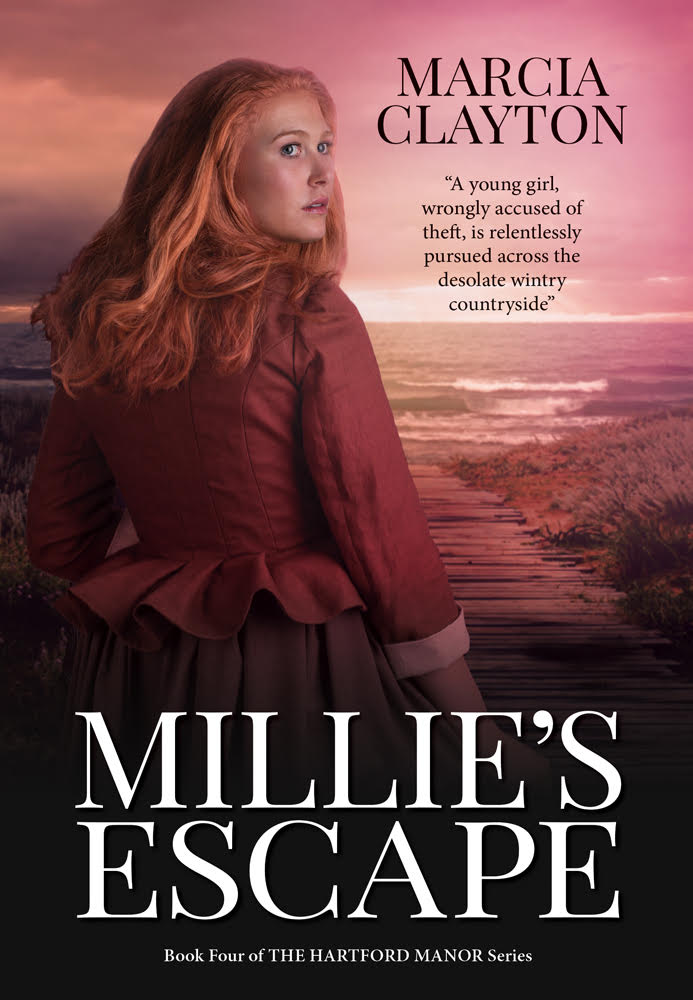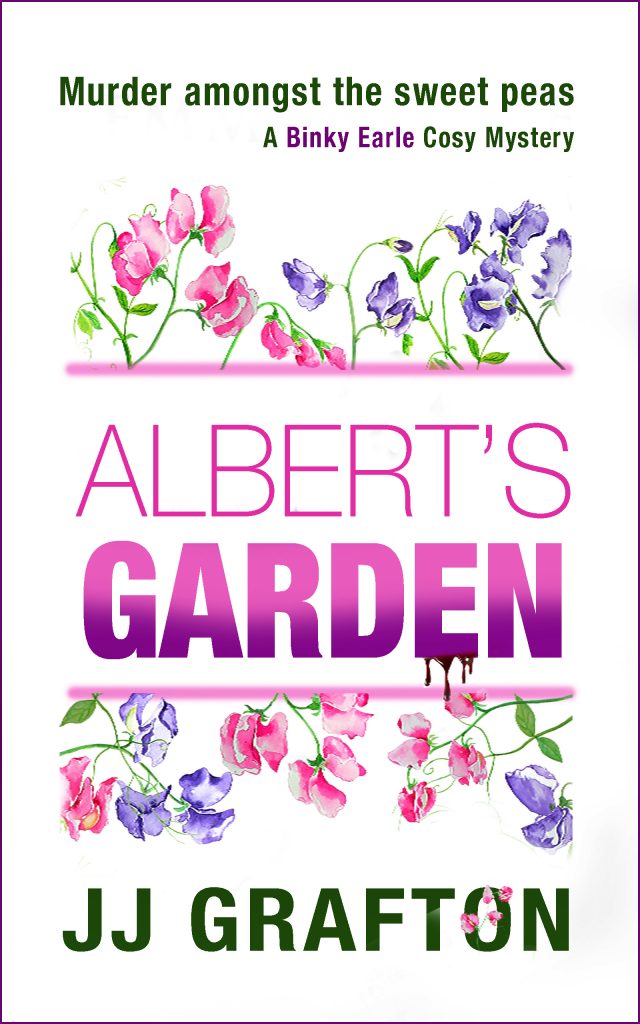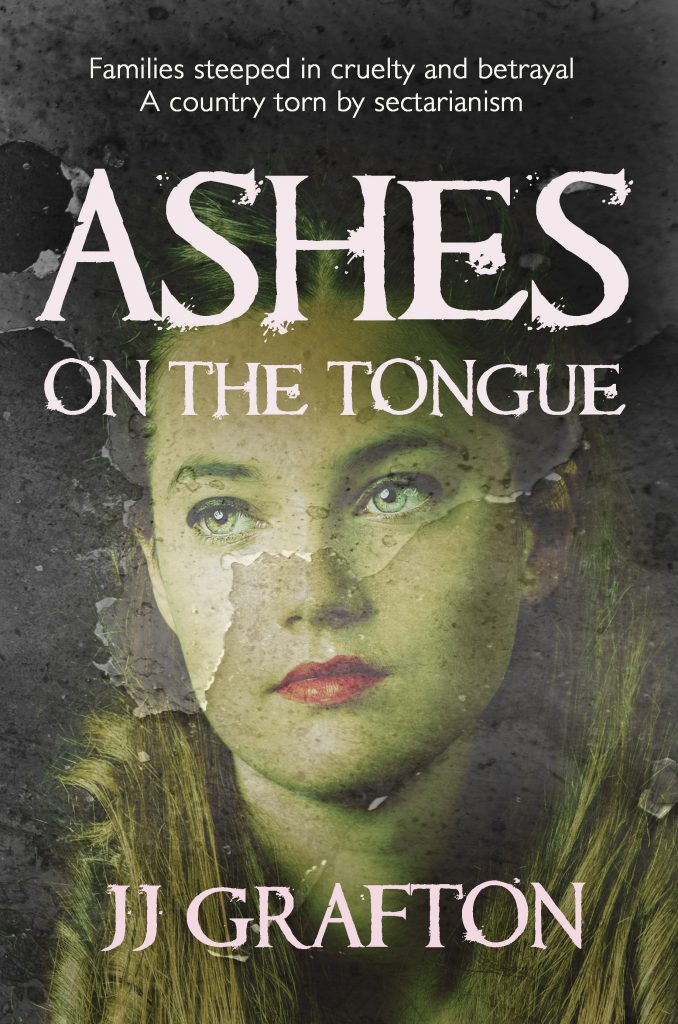Hello, and welcome to my September Newsletter.
As some of you will know from being friends with me on Facebook, I recently celebrated a significant birthday, as they say. Yes, I’m afraid it was the big 70, but then again, I’m grateful to have reached it, as not everyone does. I had a fabulous birthday and was totally spoilt. We had a family meal at our favourite restaurant a couple of days before, and it was great to get together with extended family, particularly those we don’t see very often.

The next morning, I cooked breakfast for our two sons and their wives, and Bryan and I, and we had a chat about our upcoming trip to New York. This is a family trip we are taking to celebrate my birthday, though we aren’t going for a few weeks when it will be cooler. I’m looking forward to us all being together just as much as going to New York. My birthday weekend ended with an overnight trip to Cornwall, and we visited a couple of National Trust gardens and Tintagel Castle. All very enjoyable, even though the bridge was a bit scary!
Old Saying of the Month
I wonder how many of you know that there actually was a Riot Act – I think maybe we could still use it sometimes.
Read the Riot Act
I don’t think this term is used much anymore, but I have heard it, usually when a class at school misbehaved, and the teacher read the riot act. In those days, I had no idea what it meant – only that we were in a lot of trouble! The Riot Act was a real document often used in 18th-century England and read aloud to angry mobs. In 1715, The Riot Act gave the British government the authority to consider any group of more than 12 people a threat to the peace. A public official would read a small portion of The Act and order people to “disperse themselves, and peaceably depart to their habitations.” Anyone found loitering an hour later would be arrested and removed by force. The law was tested in 1819 during the Peterloo Massacre, the name a mocking contrast to Wellington’s victory at Waterloo. After the defeat of Napolean, troops returned home from the war looking for work, but due to increased mechanisation, unemployment soared, and prices were high. Only wealthy men who owned property could vote, and the protestors’ demands were simple; they wanted a vote for every man and a secret ballot. A crowd of 60,000 gathered at St Peter’s Fields in Manchester to protest, and sadly, soldiers panicked and attacked the crowd killing several and injuring hundreds.
My Writing News

Last month I treated you all to a preview of the cover for my next book, Millie’s Escape I was a bit worried that Millie’s face was a bit too pink (I know she’s escaping, but even the whites of her eyes were a bit rosy!). Anyway, my daughter-in-law, Laura, who designs all my covers, has tweaked the colours, and I think it looks much better now; I hope you do too. The book has been edited, and I’m working my way through the amendments – all very useful. I’m hoping to finalise it before our holiday, and then I can get it onto Amazon as an ebook, paperback and hardback in good time for Christmas. I do the formatting myself, so it takes me a while, but I get there in the end!
Book Bargain This Month
The ebook of The Mazzard Tree will be reduced to 99p from 1 – 9 September, so if you haven’t read it yet, or would like to gift it to someone, now is a good time. You can find it here:
http://mybook.to/TheMazzardTree
My Interview with Author, J J Grafton
I recently interviewed the talented author, J J Grafton, who has written no less than five books since she started her writing career at the tender age of seventy-seven! An incredible achievement, as I’m sure you will agree. I’ve reviewed two of her books below, and you can read the interview here: My Interview with Author, J J Grafton
My Book(s) of the Month
I normally only have one book of the month, but these two books are so different that I decided to share both of them.
Albert’s Garden by J. J. Grafton
What a great read this was! An unusual genre for me as I tend to prefer historical fiction, thrillers, or mysteries, but I enjoyed this cosy little whodunnit. As would be expected with a village called Lesser Puddlestone, and a main character called Binky, it came as no shock to learn that this quiet little backwater had little more going on than a knitting circle and cosy chats between the residents.

Or did it? It soon became apparent that just beneath the surface lurked something rather more sinister. I loved Binky, the main character, as she trundled her beloved Phoebe-cat around in a stroller, and I envied her, her housekeeper, who not only did all the chores but prepared her lunch and was always on hand to pour her “missus” a glass of cold white wine. Frankly, I was jealous. I also liked the way Binky, a lady of advanced years and with a painful hip, constantly reminded herself to hold onto the bannister, as instructed by her daughter. When a body is found beside the wishing well with evidence pointing in the direction of Binky’s beloved knitting circle friends, she takes it upon herself to catch the killer. As several skeletons in cupboards are revealed, the plot thickens as they say, and I, for one, did not guess who the culprit was until the end. An entertaining read which I strongly recommend. You can find Albert’s Garden here: Albert’s Garden: A Binky Earle Cosy Mystery
Ashes on the Tongue by J. J. Grafton

Ashes on the Tongue is a well-researched piece of fiction that brings alive the troubles in Northern Ireland during the 1950s. Fen, a young teenage girl, is forced to give up her schooling and start work in the linen mill. Fen’s parents, Victor and Ruby Crozier, are Protestants, and Fen is well aware of the hostility they feel towards Roman Catholics, particularly the large Quinn family that lives just across the road. However, at the mill, she is put to work as a dobber amongst the Catholics, and she begins to learn things about her family’s history that would be better left hidden in the past. Initially, the reader will feel little sympathy for Fen’s mother, Ruby, who has not spoken to her daughter for over two years. However, the flashbacks to the 1930s, which occur throughout the book, show that Ruby has reasons for her behaviour, and it is a sad tale. I remember news reports of the ‘troubles’ in Northern Ireland. This book brought it all back to me and helped me to understand the situation better. Ashes on the Tongue is a beautifully written book and a gripping lesson in history. I strongly recommend it. You can find Ashes on the Tongue here: Ashes on the Tongue
Well, that’s all for now, so thank you for continuing to follow me. Until next time, I hope you keep safe and well.
0 Comments